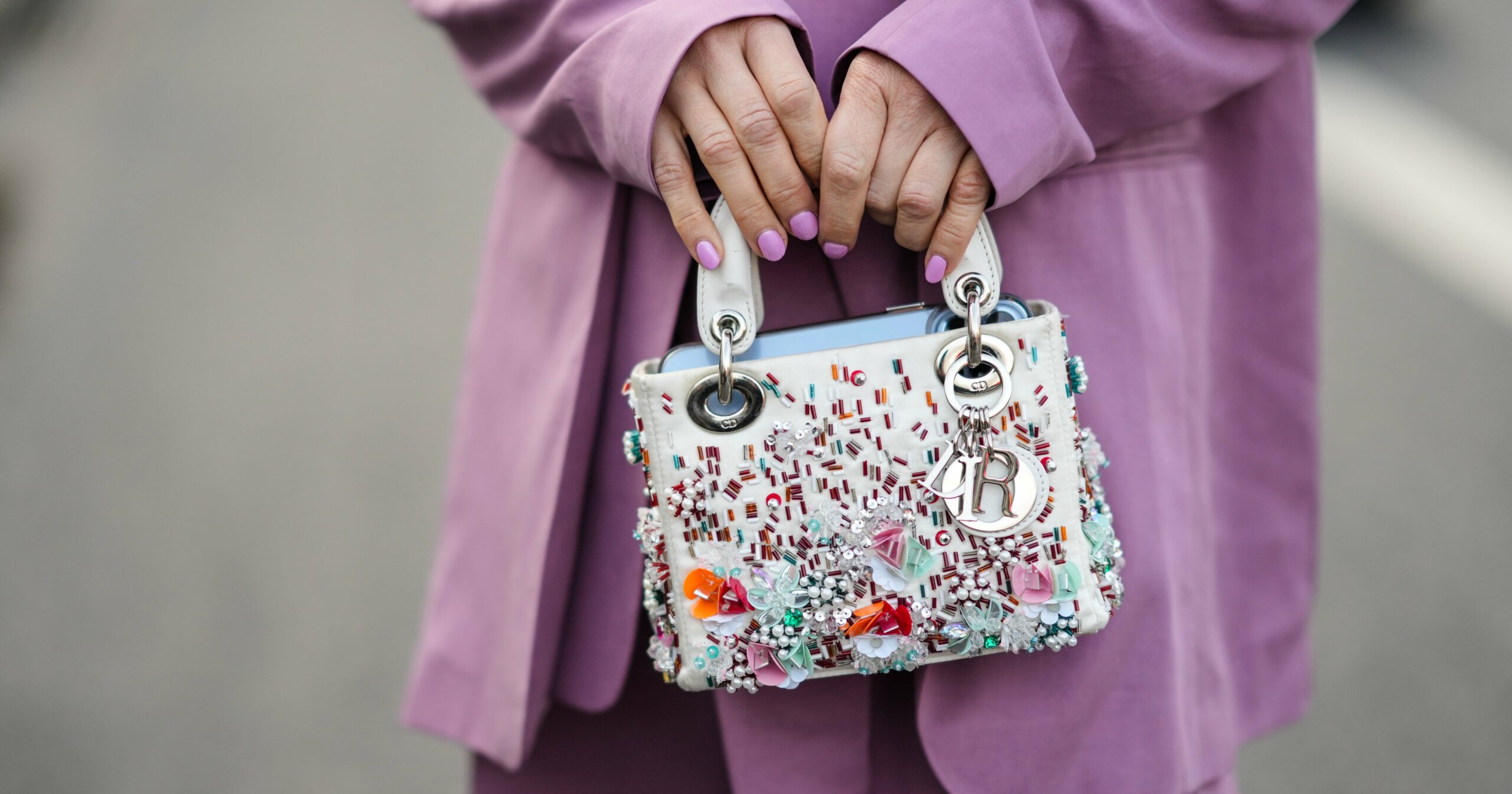Alcohol and substance use disorders are estimated to affect 46.8 million Americans aged 12 and older, about 17 percent of that population, with roughly 8 million (2.9 percent) battling both alcohol and drug use disorders simultaneously, according to the American Addiction Centers. Luckily, the experience of millions show that recovery is possible. But recently, a practice known as body brokering, which aims to exploit people seeking help with their addictions, has been getting increased attention.
Body brokering, also known as patient brokering, is a type of health care fraud that sends people addicted to drugs and/or alcohol to treatment facilities in exchange for profit, says Ryan Cain, the executive director of Fund Recovery. It’s a predatory practice that keeps sick and vulnerable people in the endless cycle of addiction and relapse, and often targets patients with available cash or lucrative insurance plans, he tells PS.
The dangerous practice involves corrupt treatment centers paying people (often called “body brokers”) kickbacks to refer individuals with high-paying insurance plans or wealthy families that can afford to pay cash for care to their facilities, Cain says. The treatment centers then fraudulently charge the patient’s insurance in order to make money.
“The goal is not to get a patient better, but rather keep them in treatment as long as possible, because relapse is an opportunity for the endless cycle of billing to continue as patients are moved within the corrupt system,” he explains.
But body brokering can be extremely sneaky and deceptive, so it’s important to know the signs and how to best avoid. Ahead, experts break down everything you need to know.
Experts Featured in This Article
Ryan Cain, the executive director of Fund Recovery.
Jason Kellogg, MD, a board-certified psychiatrist and medical director at Hotel California by the Sea.
What Is Body Brokering?
Body brokering is the illegal practice of sending people struggling with drug and alcohol abuse to treatment in exchange for profit, says Jason Kellogg, MD, a board-certified psychiatrist and medical director at Hotel California by the Sea.
Body brokers may work at a detox facility, treatment center, or sober living home, where they come into contact with many people with substance use disorders looking for help. They may also simply hang around places where they know people in recovery spend time.
The brokers and facilities involved have even been known to offer incentives to people to get them into their programs. “These ‘brokers’ buy marketplace insurance policies for addicts and alcoholics to use for treatment, with the promise that they will get paid for doing so,” Dr. Kellogg says.
Brokers solicit different demographics of addicts, but those who are already in treatment, actively in addiction, or sober but financially struggling are at increased risk, Dr. Kellogg tells PS.
Obviously, this “system” is not in the best interest of the person with substance use issues. In fact, it actively harms them. For instance, body brokers may encourage them to use drugs and alcohol before entering treatment (to ensure they qualify for maximum insurance benefits), Dr. Kellog says. The facilities that use body brokers also tend to be low quality, and more concerned with their own profit than with helping those facing addiction issues.
Is Body Brokering Illegal?
Yes, body brokering is illegal and it’s unlawful to offer any type of kickback or compensation for patient admits, Cain says.
In fact, the Eliminating Kickbacks in Recovery Act is a federal law prohibiting payments for referring patients to treatment centers, laboratories, and clinics, and several states have enacted additional laws forbidding patient brokering practices, Dr. Kellogg says. “These laws are in place because body brokering exploits vulnerable individuals and can lead to unethical and unsafe treatment practices,” he says. “It creates a corrupt system where the care provided is not based on medical necessity or the patient’s best interest, but rather on financial incentives.”
How to Avoid Body Brokering
Brokers are deceptive with their true intentions, but an easy way to eliminate the risk is to avoid any financial incentive to enter treatment, such as free airfare, hotel rooms, gift cards, or phone cards, Cain says. “In some cases, drugs or alcohol are offered to patients at some point to encourage relapse, and there have even been cases in which facilities have offered direct ‘reimbursement’ to patients via cash if they stay,” he says. All of these are red flags.
If you or a loved one are looking to enter addiction treatment, thoroughly research the facility you’re considering and verify any accreditations. Both Cain and Dr. Kellogg agree the gold-standard accreditations are The Joint Commission, Commission on Accreditation of Rehabilitation Facilities (CARF), and/or the National Association of Treatment Providers (NAATP) since they require an extensive review process to achieve and employ strict ethical and clinical guidelines for members.
You should also always vet the leadership of the facility, including the clinical staff and team. “It’s a red flag if leadership isn’t listed on the page,” Cain says. And if you ever see a treatment center with a phone number that directs to a different “call center” located off-site, it’s a bad sign and should be avoided, he adds.
Many websites are also misleading, so touring the facility is key. “I have toured dozens of programs in Florida with beach pictures on their site, only to find the facility is in a strip mall and the house is not well kept,” Cain says. “The more research you can do, the safer you’ll be when choosing the best facility.”
Finally, if you feel at risk or are concerned about body brokering, Dr. Kellogg says a primary care physician or mental health professional can refer you to legitimate treatment centers who meet proper qualifications.
Andi Breitowich is a Chicago-based freelance writer and graduate from Emory University and Northwestern University’s Medill School of Journalism. Her work has appeared in PS, Women’s Health, Cosmopolitan, and elsewhere.




